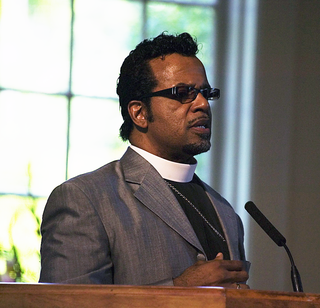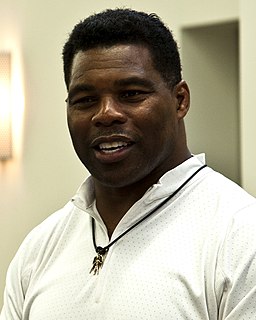A Quote by Charlie Campbell
Many of those who scoff at the trustworthiness of the Bible do so completely overlooking the fact that thousands of archaeological discoveries have affirmed the historical reliability of the Bible.
Quote Topics
Related Quotes
There are dozens of writings outside of the Bible that verify the historical accuracy of many of the names of people, places, and events mentioned in the Bible. In fact, external sources verify that at least eighty persons mentioned in the Bible were actual historical figures. Fifty people from the Old Testament, and thirty people from the New Testament.
The Bible is an ancient text from an ancient context. We live thousands of miles and thousands of years away from that context, which also represents different cultures. Archaeology is a modern means of revealing both the lost record of the ancient world, and the historical and social world of the Bible. While the purpose of archaeology is not to prove the historicity of the people and events recorded in Scripture, it can help immeasurably to confirm the historical reality and accuracy of the Bible and to demonstrate that faith has a factual foundation.
Archaeology is a science, and like all sciences, has its limitations. For one, archaeological discoveries made in the past centuries have been reappraised and reinterpreted by more recent findings. Some of the older positive claims, as well as most of the negative criticisms of the Bible, have changed, usually for the better. For another, the actual amount of archaeological evidence is quite small. It has been estimated that less than 1% of archaeological sites in the Holy Land have been excavated, and those that have been excavated have only been partially excavated.
On the whole … archaeological work has unquestionably strengthened confidence in the reliability of the Scriptural record. More than one archaeologist has found his respect for the Bible increased by the experience of excavation in Palestine. Archaeology has in many cases refuted the views of modern critics.
While many have doubted the accuracy of the Bible, time and continued research have consistently demonstrated that the Word of God is better informed than its critics. In fact, while thousands of finds from the ancient world support in broad outline and often in detail the biblical picture, not one incontrovertible find has ever contradicted the Bible.
The Christians and the Jews do not believe that the Bible is the verbatim words of God. In fact it is clear that the books of the Bible are written by men - allegedly inspired men - but humans nonetheless. God in the Bible is spoken of in third person. This gives the believer a degree of caution. If the writers of the Bible were humans and humans are fallible, the Bible should not be taken literally. It is possible to interpret it, use one's logic to understand it in the light of science and adapt its teachings to meet the needs of the time.
The Bible did not arrive by fax from heaven. The Bible is the product of man, my dear. Not of God. The Bible did not fall magically from the clouds. Man created it as a historical record of tumultuous times, and it has evolved through countless translations, additions, and revisions. History has never had a definitive version of the book.
"Study Bible" is the expression used for Bibles that include significant explanatory notes, usually at the bottom of the page, sometimes in the margins. Often a Study Bible will also include some brief articles, photographs of geographical and archaeological sites, fairly extensive maps, and charts that summarize a lot of information.































